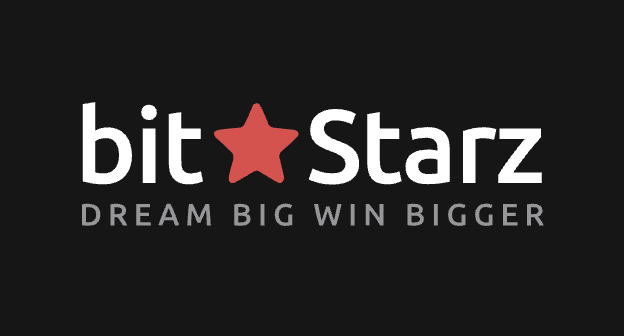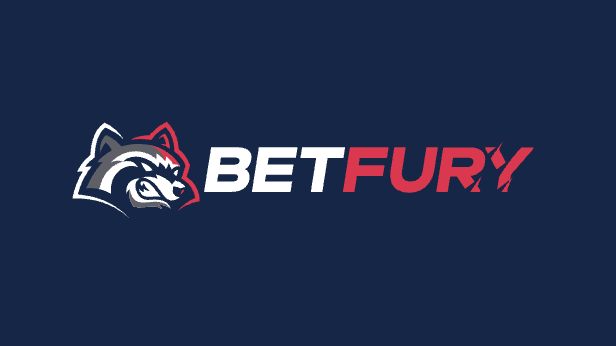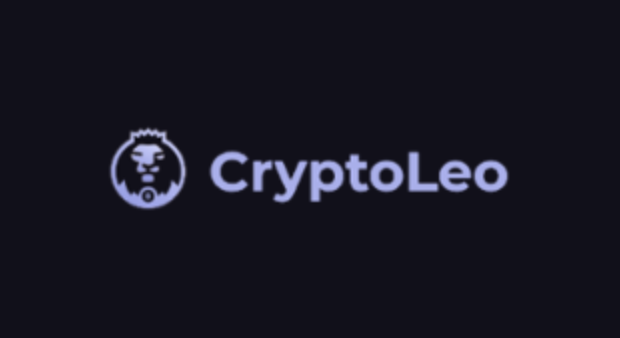
BitStarz
Established in 2014 and owned by Dama N.V., BitStarz Casino, licensed by Curaçao Gaming Control Board, scores a very high 9.8 on the Safety Index. With 141 payment methods, a vast selection of games from 87 providers, 24/7 multilingual customer support, 6 bonuses including no – deposit free spins, and unlimited withdrawal limits in multiple currencies, it has an excellent reputation, numerous eGaming awards, and is popular in Europe, especially among Bitcoin users, though it has received 5 complaints and 474 black points.

BetFury
Established in 2019 and owned by Universe B Games B.V., BetFury Casino, licensed by Curaçao Gaming Control Board, scores a very high 9.8 on the Safety Index. It offers 52 payment methods including many cryptocurrencies, a diverse range of games from 72 providers, 24/7 multilingual customer support, 9 bonuses, unlimited withdrawals, but has a max win limit per spin of $300,000 and all deposits need to be wagered 1x before withdrawal, and is popular for its live dealer games and wide acceptance of players from many countries.

CryptoLeo
Established in 2022 and owned by Uno Digital Media B.V., CryptoLeo Casino, licensed by Curaçao Gaming Control Board, scores a very high 9.8 on the Safety Index. It offers 25 payment methods including Bitcoin, a vast selection of games from 104 providers, 24/7 multilingual customer support, 3 bonuses, with a simple website design and various responsible gaming options, but has average monthly withdrawal limits and not all payment methods are available globally, and has a mixed user feedback from 18 reviews.
Crypto Casino Platform VS Online Casino Platform
Security
Transaction Speed and Cost
Anonymity
Game Fairness
Regulatory Environment